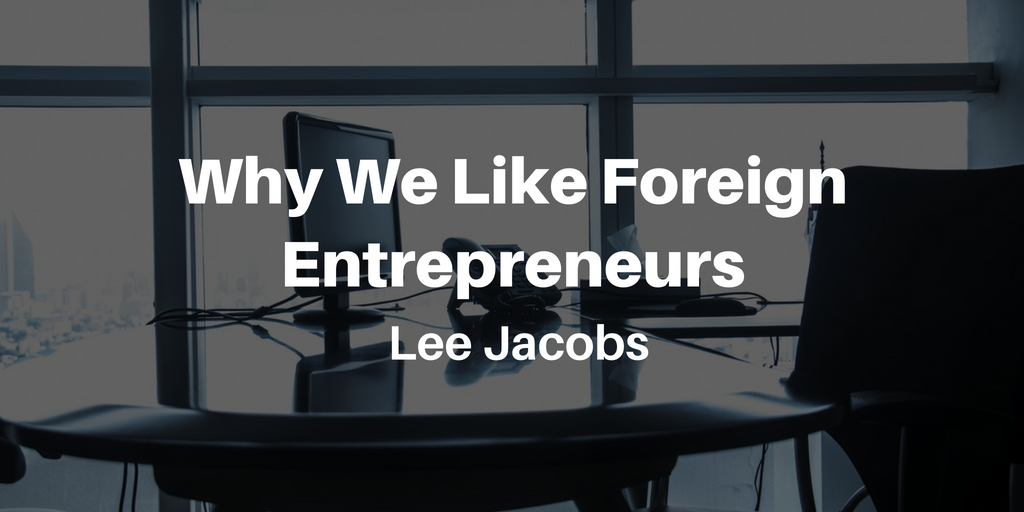The number of immigrants that make up the leadership of CEOs of Fortune 500 companies has been well-documented. Based on my experience with foreign founders, I am not surprised. At Edelweiss we have invested in a number of immigrant founders and have been consistently impressed by them. I thought I’d share a few of their stories in a series of posts to illustrate why our attention is always piqued by folks coming from abroad.
Alessio Alionco- Pipefy
When I first met Alessio, I came into our meeting a bit skeptical. I hadn’t done any enterprise software investments and workflow wasn’t something I woke up dreaming about. Five or so minutes into our conversation, I was pretty sure Alessio had made a mistake with his English when he told me that 60k companies were using his software. After realizing he was not, I perked up. It wouldn’t be the last time Alessio surprised me.
In the three years that I have known him, Alessio continues to impress me with his sheer determination and grit as he takes on challenge after challenge. His spirit is inspiring and has created a company culture that others want to be a part of. Last year, Alessio decided to go surfing with a very important executive candidate. He ended up severely injuring his leg, leaving it very badly broken. Apparently, Alessio was extremely calm and composed on their way to the hospital and a few hours later (pre-surgery) he was back on Slack issuing commands. It was this resolve and bravery alongside his considerable experience that landed Alessio the hotly contested candidate position for Pipefy.
Often, I think how impressive it is that Alessio just showed up in Silicon Valley from Brazil’s 8th largest city without a strong command of English and is now on his path to building a big company (read more about Pipefy’s Series A). Alessio’s journey to SF makes my trip from my relocation from Philadelphia in 2010 to SF look like nothing.
Our view at Edelweiss is that immigrants make particularly savvy entrepreneurs because they take little for granted. Moving to the United States is a risk and starting a business an even bigger one. Entrepreneurship requires that founders constantly confront their comfort zones and I can think of no better way to do that than by starting a company in a foreign land.

